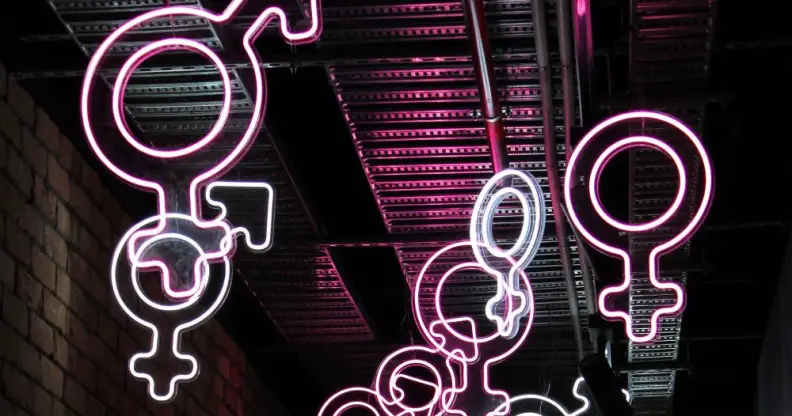Psychotherapist blocked from studying ‘trans regret’ takes case to the EU human rights court

(Envato Elements)
James Caspian, a psychotherapist who was stopped from studying “trans regret” as part of his master’s degree is taking his case to the European Court of Human Rights
Caspian wanted to write his thesis on “trans regret” and “detransition” as part of his MA degree in counselling and psychotherapy at Bath Spa University.
He said it was rejected by the university’s ethics committee in 2017 because it could be deemed “politically incorrect”, and because “attacks on social media may not be confined to the researcher but may involve the university”.
Bath Spa University told PinkNews that James Caspian’s research proposal was not refused because of the subject matter, but “rather because of his proposed methodological approach”.
A spokesperson added: “The university was not satisfied this approach would guarantee the anonymity of his participants or the confidentiality of the data.”
Dean professor for Bath Spa University Kate Reynolds was among those to reject James Caspian’s proposal. She said this was after a discussion with the dean of the institute of education.
According to SomersetLive, Reynolds said: “This is a complex project, and the risks are too great to the university and the university.
“Working on a less ethically complex piece of research to complete the masters would be more appropriate.”
Caspian’s case against the decision reached the Royal Courts of Justice in 2019, but a judge did not permit him to continue with his bid for judicial review.
He told The Telegraph he has “been faced with no alternative” but to take the case to the European Court of Human Rights (EHRC), having exhausted all other options.
His lawyers will argue that Caspian, a counsellor who says he has a decade of experience specialising in therapy for trans people, has seen his right to access the court violated, his freedom to pursue legitimate academic research breached, and that the basis of the decision to interfere with his academic freedom discriminated against him.
He is being supported by the Christian Legal Centre.
Psychotherapist says ‘much is at stake’ for academic freedom.
Caspian claims 50 people who wanted to reverse their transition had contacted him expressing their regret. Caspian said the individuals “felt too traumatised to talk about it, which made me think we really need to do the research”.
He told The Telegraph that “too much is at stake” for academic freedom and for the “hundreds, if not thousands” of young people “who are saying they are being harmed and often silenced by a rigid view that has become a kind of transgender ideology and permits no discussion”.
He added: “My preliminary research had revealed a growing controversial schism in transgender politics and inpatient experiences which greatly concerned me and confirmed the need for this research.”
Caspian argued people are “self-censoring, not only speech but their thoughts on this issue”.
His legal battle comes in the wake of the landmark High Court ruling in which judges said transgender under-16s must understand the implications both of puberty blockers and of potentially moving on to hormone therapy to consent to the medication.
This judgement is anticipated to have global ramifications, including in the US where trans teenagers’ access to healthcare is under threat in several states from Republican-backed bills.

